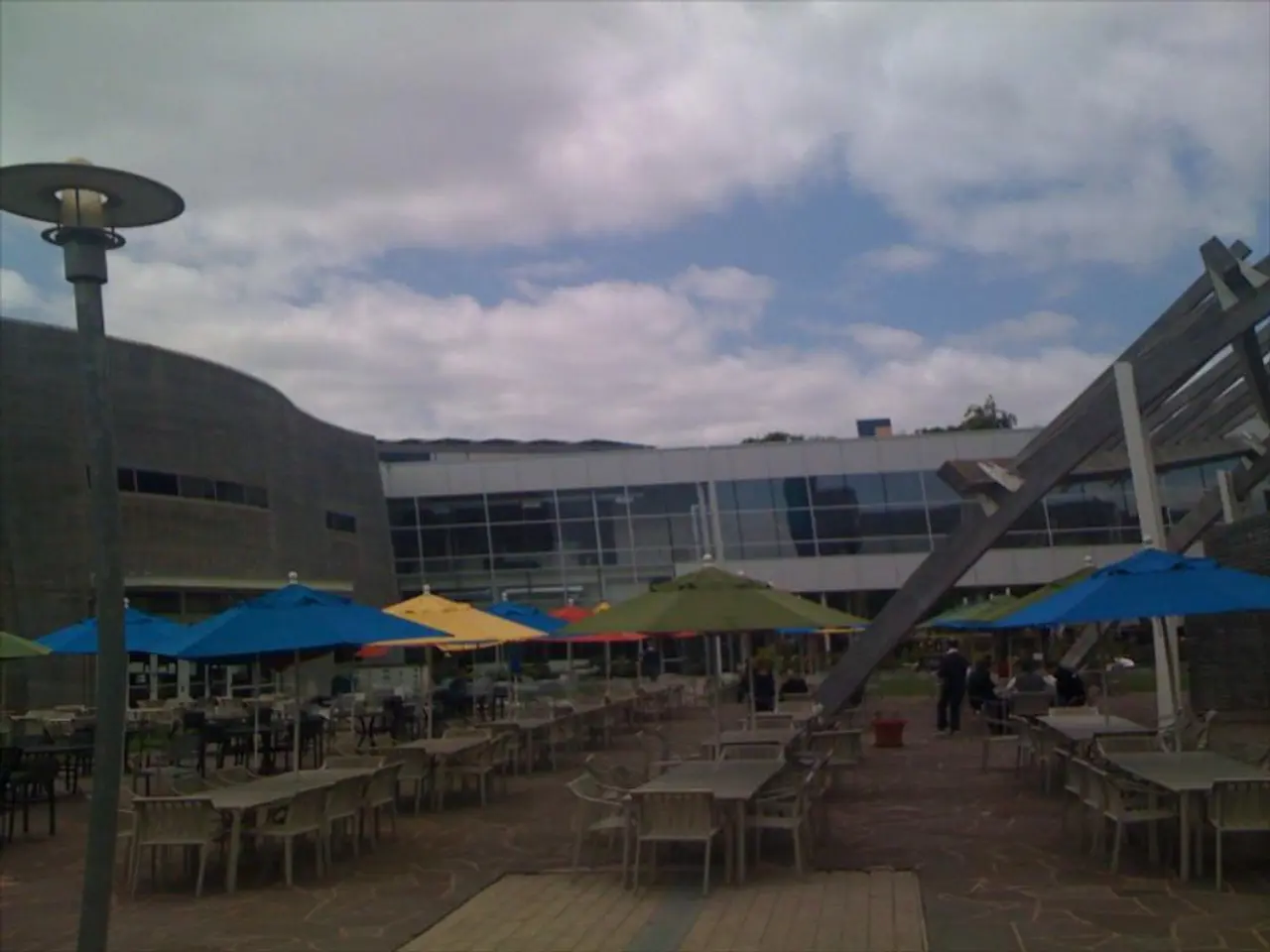Tourism in Latvia is near recovery among EU nations, following the pandemic
Amidst a challenging landscape for the tourism industry, Latvia is implementing strategic measures to bolster its recovery following the pandemic's impact. The sector, which plays a crucial role in the country's economy, is on the brink of collapse without government intervention, with many entrepreneurs at risk of losing their businesses, jobs, taxes, and investments.
Key initiatives include an increased marketing budget for tourism promotion, aiming to attract visitors more effectively and reinforce Latvia's appeal as a travel destination. Additionally, a VAT reduction on catering services has been proposed to make hospitality offerings more competitive and affordable, boosting the hospitality sector, including coastal resorts.
Enhanced air travel links are also a part of the strategy, contributing to increased arrivals and boosting demand at popular destinations, including Baltic coast resorts. Furthermore, significant foreign investment encouragement, particularly targeting hotel development, travel services, and tourist attractions, is being pursued. This investment is supported by government initiatives and the Latvian Investment and Development Agency (LIAA), which helped attract €156 million in investments and is fostering infrastructure improvements that benefit all regions, including coastal tourism areas.
The government's focus on tourism promotion initiatives, combined with improving infrastructure and investment climate, is creating a more attractive environment for tourism-related projects, aiding recovery and long-term sustainability. However, despite these efforts, the tourism industry had a slow start to the 2025 season, signaling the need for more strategic and coordinated approaches to accelerate recovery, especially in high-potential regions like coastal resorts where seasonality and competitive pressures are significant.
The recovery is still challenged by broader issues such as elevated travel costs and operational expenses impacting customer spending. Summer is the only chance for coastal resorts to make money, and without immediate government support, the industry may not survive another winter. Staff is leaving, and seasonal workers are not staying in the tourism industry, leading to a lack of stability.
In summary, Latvia’s strategic measures blend financial incentives (VAT cuts), marketing pushes, infrastructure and connectivity enhancements, and attracting foreign investments aimed particularly at hotel and tourism service development to support recovery, with a focus that includes its coastal resorts, which are key tourism assets. Continuous adaptation and sustainable planning appear necessary to address challenges and ensure balanced tourism growth.
Travelers may find Latvia more appealing as a destination due to increased marketing efforts aimed at promoting the country's unique attractions and hospitality offerings, such as coastal resorts. Strategic investments in tourism-related infrastructure and air travel links are also being pursued, with the goal of boosting arrivals and demand at popular tourist destinations.





